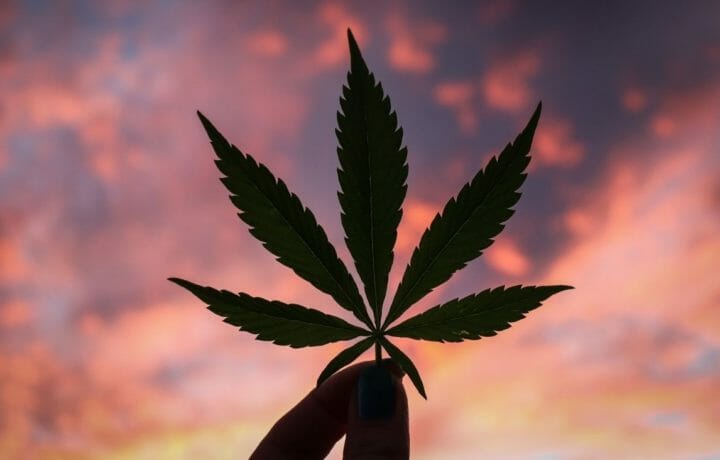

Security Clearance
In clarifying guidance signed December 21, 2021, Director of National Intelligence Avril Haines offered insight on several hot topics involving security clearances and the growing prevalence of recreational marijuana in many states. The guidance addressed:
The policy emphasizes that recreational marijuana use remains illegal at the federal level – but notes that PAST recreational drug use should not be determinative in making an adjudicative decision. This is a significant step, and would remove previously held adjudicative guidelines around 1-2 year abstinence from drugs before applying to a national security position. The policy goes so far as to indicate when abstinence should begin: “in light of the long-standing federal law and policy prohibiting illegal drug use while occupying a sensitive position or holding a security clearance, agencies are encouraged to advise prospective national security workforce employees that they should refrain from any future marijuana use upon initiation of the national security vetting process, which commences once the individual signs the certification contained in the Standard Form 86 (SF-86), Questionnaire for National Security Positions.”
If you’ve used recreational drugs, you’d best stop as soon as you sign along the line of the SF-86. The policy also notes the continued need for reporting – which includes narking on your coworkers – who may be found partaking in recreational drugs while holding a national security position.
ODNI has heavy caution against CBD products, largely due to the unregulated nature of many of the products on the shelf. The policy notes, “With respect to the use of CBD products, agencies should be aware that using these cannabis derivatives may be relevant to adjudications in accordance with SEAD 4.” If you pop hot on a drug test, you will have a hard time arguing that you didn’t know better with this policy clarification on the table. The policy is certainly not a prohibition against CBD products, but notes the fine print behind the Farm Bill, and emphasizes that CBD products are not regulated by the Food and Drug and Administration. When it comes to CBD and security clearances, it’s not a prohibition but a hearty ‘buyer beware.’
With the rapid normalization of marijuana use in many states, opportunities to invest in a variety of drug-related businesses are prevalent, the policy clarification emphasizes that knowingly investing in a federally illegal activity (including a drug business), is a violation of the personal conduct adjudicative guideline. The policy clarifies that where an individual is invested more broadly in a mutual fund, the adjudicator should assume the individual was not aware of the investment – i.e., Uncle Sam has no interest in researching your mutual fund portfolio to see if there is a drug business somewhere in there.
The policy ends by clarifying that agencies should continue to educate their employees on federal laws against recreational marijuana use. State laws do not supersede federal laws in this regard, and until there are policy changes at the federal level, current use, or involvement with, illegal drugs is a disqualifier for maintaining clearance eligibility.
The clarifying guidance is a key step in what has become an adjudicative gray area, and will hopefully encourage more recent college graduates who may have drug us in their (even current) life experiences to not preclude themselves from a national security career – what matters is stopping any drug use from the point of applying for a clearance. .